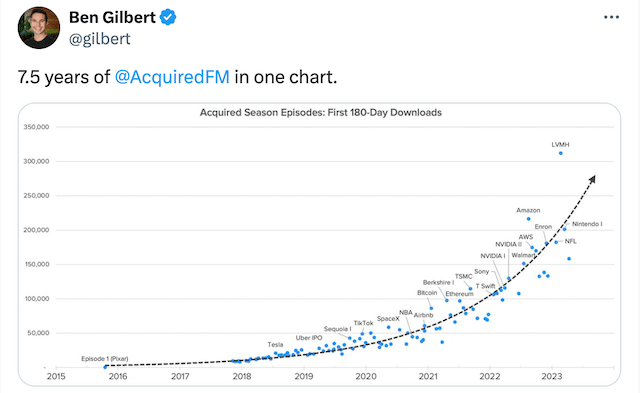In an effort to help me keep up with everything I post each week, here is my latest “Sunday Summary” of my posts from the week.
Mon, March 25: Writing doesn’t begin with a blank page
Sitting down in front of a blank page to start writing can be very intimidating, so here’s how to avoid that entirely.
Tue, March 26: Character is more than your personality
“If personality is how you respond on a typical day, character is how you show up on a hard day.”
Wed, March 27: The whole world is a classroom
“I don’t understand molecular biology, the history of Sardinia or much of agronomy–but that’s my choice. Now that information is widely and freely available, our sense of agency around knowledge needs to change.”
Thu, March 28: The challenge of owning your data
I’m a huge proponent of people actually owning their content online, but I’ll admit that it’s much easier said than done.
Fri, March 29: Our future should grow as much as our past
“Human beings are works in progress that mistakenly think they’re finished.”
Sat, March 30: The four ways Google is failing
Google is very intentionally making the internet worse for everyone in order to please their shareholders in the short-term.
I hope you found some value in this. If you ever have questions, ideas, or disagreements regarding anything I write, please don’t hesitate to reach out.
